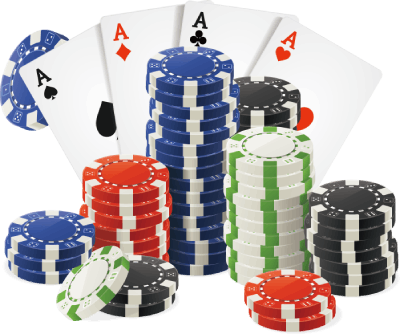Poker is typically regarded as being among the most exciting games of psychology, strategy, and skill. Be you in a large casino or just playing with some buddies. Onine Poker is a game that pushes your decision-making abilities and your powers of observation. It's not so much a game of chance—it's a matter of being aware of the subtleties of the game, people-watching, and being hard in your methods. For all who desire to improve at poker and start winning more frequently, this handbook will feature essential tactics, suggestions, and thought modifications that will help you take your play to the next level.
While the majority view poker as a game of luck, professional players know that poker is all about developing strategies to exploit what the other players at the table are willing to do. Unlike purely games of chance, poker affords players a degree of control over the outcome of the game, make intelligent bets, and adjust their strategy to what they can deduce. The more you learn about poker, the more you will be able to play the game skillfully and confidently.
Master the Rules and Know Your Game

The first step to becoming a master at poker is to master the rules. Without a solid grasp of the mechanics of the game, you will not be able to make good decisions or formulate good strategies. While there are many variations of poker, such as Texas Hold'em, Omaha, Seven Card Stud, and so on, the general structure remains the same throughout. Regardless of what type of poker you're playing, it's always a matter of attempting to make the best hand possible with your hole cards and community cards (generally).
In Texas Hold'em, for instance, each player is dealt two private cards ("hole cards"), and five community cards are dealt face-up on the table over a series of betting rounds. Players use any combination of the seven cards available to them (their two-hole cards and the five community cards) to make their highest possible five-card hand. The player with the highest-ranking hand wins the pot. While other poker variants may differ somewhat in the number of hole cards dealt or how the community cards are distributed, the fundamentals of the game remain the same.
